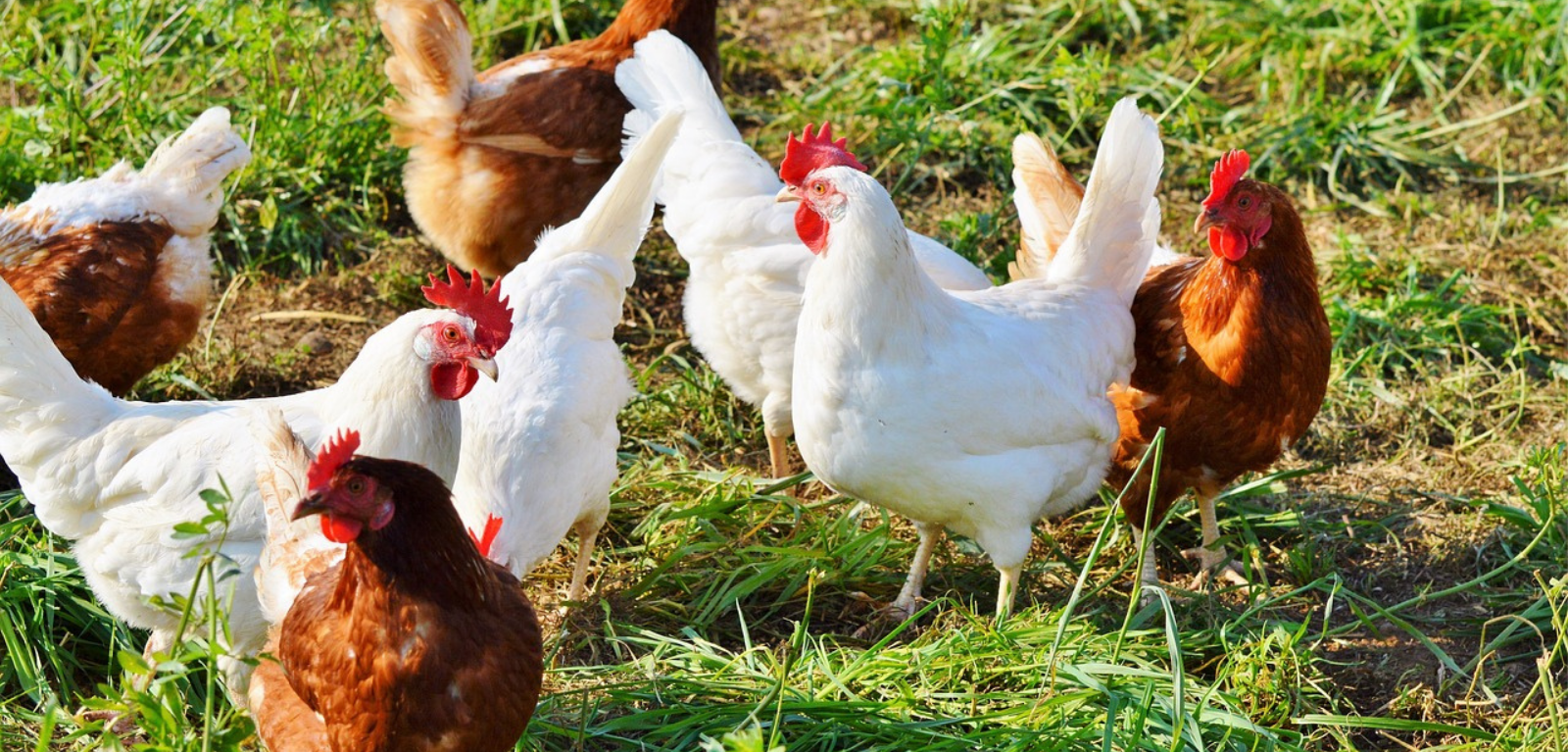Contaminated crops costing poultry farms over £150k per year, research shows
A first-of-its-kind study led by Queen’s University Belfast reveals contaminated crops on farms could be costing poultry organisations over £150,000 in losses annually.

Published recently in the journal Environmental Impact Assessment Review, the ground-breaking study shows how harmful chemicals known as mycotoxins, can have a detrimental impact on the environmental and economic sustainability of the global poultry industry due to feed contamination.
Mycotoxins are a group of naturally occurring chemicals produced by certain fungi that frequently contaminate the feed animals consume.
As poultry production is one of the fastest-growing livestock industries worldwide due to the increase in demand for poultry meat and eggs, the presence of these chemicals in animal feed presents a significant challenge for livestock farmers across the globe.
They can substantially reduce profitability and cause food waste, as well as a decrease in food production, resulting in a reduction in poultry feed efficiency by up to 10%.
In turn, this can lead to losses of more than £150,000 per annum for a medium scale poultry operation. In addition, the impacts of these mycotoxins on birds can result in poor health, even mortality.
Professor Chris Elliott from the School of Biological Sciences and Institute for Global Food Security at Queen’s University Belfast is the lead investigator of the study, he said:
“While the effects of mycotoxins on livestock health have been extensively studied, comprehensive research quantifying their combined economic and environmental impacts remains very limited.
This study is extremely significant as it addresses an important research gap by evaluating the potential economic and environmental consequences of the rearing of chickens specifically for meat consumption using mycotoxin-contaminated feeds, a widespread issue globally. The findings show that addressing mycotoxin contamination in feed crops such as wheat, maize, and soybean is important for achieving sustainable, low-carbon, and profitable poultry production.”
Queen’s researchers, in collaboration with a multinational team from BOKU University, the Austrian Food Competence Centre FFoQSI and dsm-firmenich Animal Nutrition & Health, show that even very low levels of mycotoxins can increase the carbon footprint of poultry production by more than 8%.
Professor Rudi Krska, from the School of Biological Sciences and Institute for Global Food Security at Queen’s and BOKU University, a co-author, added:
“This study will have a great impact and will likely propel important changes in how the agri-food industry will view low-level mycotoxin contamination in feeds.
These data are of substantial importance to the poultry industry, and we envisage that it will drive the economic and environmental sustainability of the world’s most widely consumed animal protein. We believe that farmers, consumers and the planet will all benefit.”
Dr. Gerd Schatzmayr, Head of Global R&D Centers at dsm-firmenich Animal Nutrition & Health, a co-author, stated:
“In an era where climate volatility and global trade disruptions increasingly challenge poultry production, the economic stakes are higher than ever.
This underscores the critical need for safe, science-backed mycotoxin mitigation strategies. Effective and consistent mycotoxin risk management not only supports animal health and welfare but also strengthens farm profitability, sustainability, and food security.”
This work was conducted as part of a research project of the Austrian Competence Centre for Feed and Food Quality, Safety and Innovation (FFoQSI). The COMET-K1 competence centre FFoQSI is funded by the Austrian ministries BMVIT and BMDW and the Austrian provinces Niederösterreich, Upper Austria, and Vienna within the scope of COMET—Competence Centers for Excellent Technologies. This study was also part supported by Bualuang ASEAN Chair Professor Fund.

Professor Chris Elliott
Media
For media enquiries, please contact Grace White, Queen’s Strategic Communications: g.white@qub.ac.uk